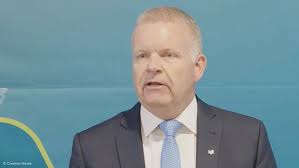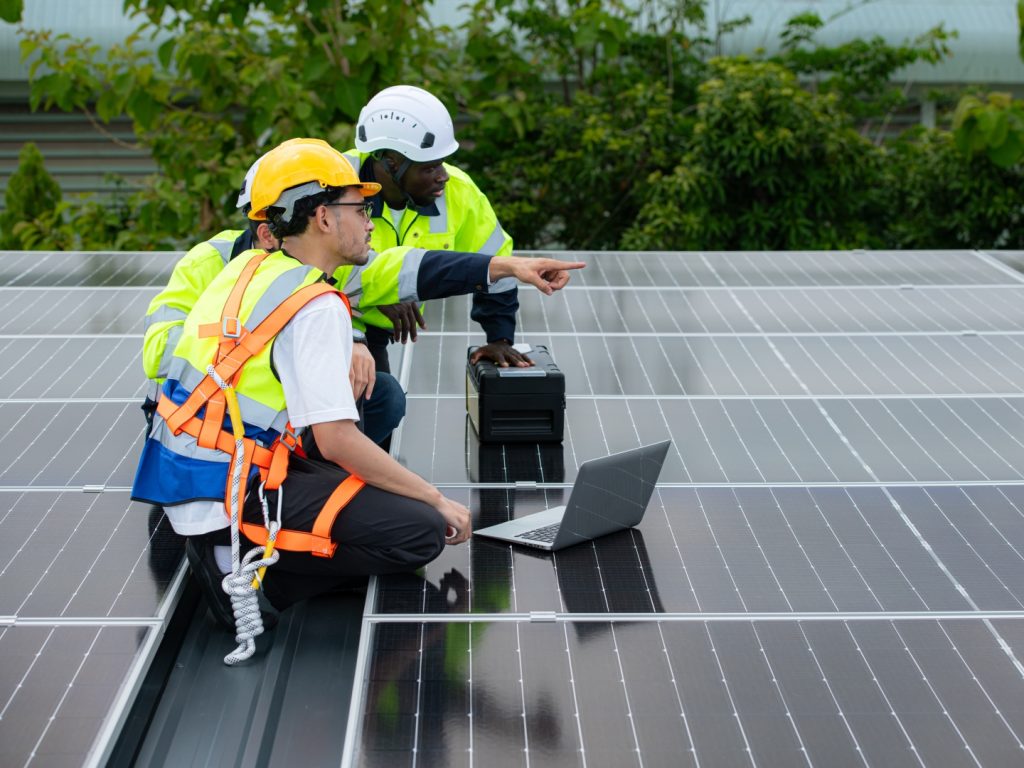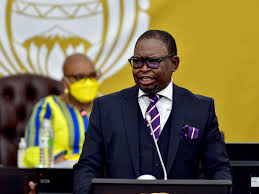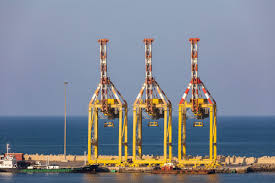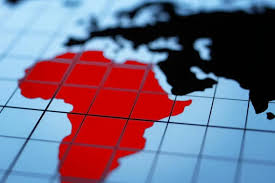Video News / Generation
South Africa must accelerate reforms to scale wind capacity ...
South Africa's wind energy sector is at a strategic inflection point, with industry leaders convening to address the challenges and opportunities of scaling up to meet the ambitious targets set out in the Integrated Resource Plan (IRP). The IRP envisions 44.7 GW of new wind capacity, a goal that demands a coordinated and accelerated effort. Key discussions, hosted by the South African Wind Energy Association (SAWEA) and the IPP Office, focused on the state of the Renewable Energy Independent Power Producer Procurement Programme (REIPPPP) and the urgent steps needed to restore its momentum after several disrupted bid windows.
A central theme was the need to reshape procurement processes to rebuild investor confidence. The roundtable examined the structural successes of the REIPPPP alongside the growing friction that has hindered new projects. With market reforms now accelerating, the session highlighted practical measures to re-establish a predictable and bankable pipeline of projects, which is essential for attracting the necessary capital to achieve the country's clean energy build-out.
The readiness of South Africa's industrial and institutional capacity to deliver on these multi-gigawatt ambitions was a critical point of examination. A separate panel questioned whether the country possesses the necessary manufacturing capability, expertise, and coordinated planning across permitting, logistics, and transmission. While acknowledging that mastery in all areas is not yet claimed, participants expressed a commitment from the IPP Office and developers to select the strongest technical partners and build local execution capacity.
A significant portion of the dialogue centered on the foundational infrastructure required to support this growth, which extends beyond the grid to include skills, governance, and industrial capabilities. It was emphasized that energy development shapes cities, communities, and regional development pathways, making integrated planning a necessity rather than an option.
A major identified obstacle is the acute mismatch between industry needs and workforce readiness. The session underscored that genuine job creation must start with industry-led skills planning to identify the specific capabilities required for modern project development. While South Africa is producing technicians and artisans at an improving rate, there are persistent shortages in critical specialist disciplines.
These shortages include roles in environmental assessment, project development, and financial modelling. The gathering heard that high-level, specialized roles in renewables are still frequently filled by international experts, not due to a lack of local potential, but because of a disconnect between training institutions and industry demands. This gap highlights an urgent need for stronger partnerships and localized certifications.
In summary, South Africa's wind energy ambitions are at a pivotal juncture. Achieving the 44.7 GW target requires not just policy alignment and grid readiness, but a fundamental strengthening of the entire project ecosystem. The path forward depends on restoring a bankable project pipeline through reformed procurement, while simultaneously addressing critical skills gaps through targeted, industry-led training initiatives to build local capacity and ensure sustainable growth.
